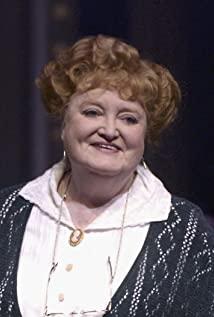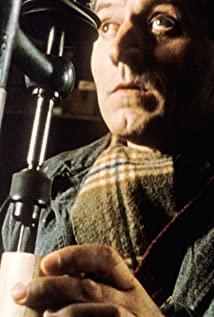When I was a child (in the early 1980s, it seems that it was also during the Chinese New Year, my father’s unit issued movie tickets) I saw it in the movie theater several times. At that time, there were not many people in the movie theater. I woke up at the end, so I still have some impressions of the ending. The English countryside in the 19th century was still very poor. Tess's family was impoverished, the children were young, only Tess was a laborer, and they encountered a villain - can he be considered a villain? It can only be regarded as seduction. She gave birth to a child after leaving the evil young man. Under the conditions at that time, she would definitely not be able to support the child, but she was stubborn and did not return to the evil young man. Seeing the child die and the child was not recognized by the church, she felt guilty in her heart. . When I met Angel, I thought that I had found a new life, but at that time, Angel's brain was flooded (poisoned by Das Kapital) and did not forgive Tess's stain* (now it is not a fault at all), separated from her, to Tess The family was homeless and had to go back to the evil young man. The reawakened Angel finds Tess, and Tess resolutely kills the evil young master, even if only for a few days of happiness. Why did Tess have to kill the villain? Is there no other way?
View more about
Tess reviews











